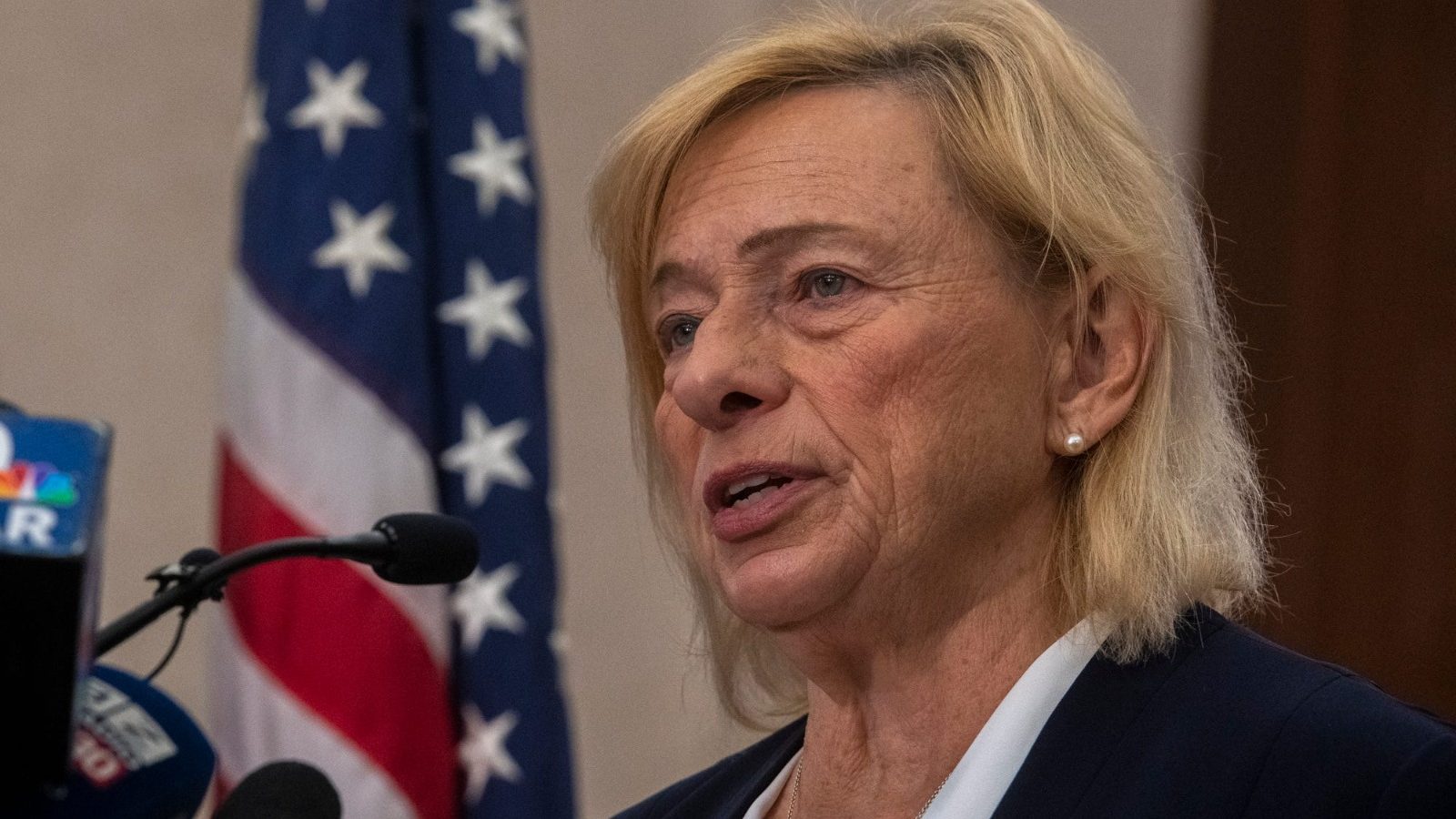Maine Gov. Janet Mills Pushes Online Casino Decision To 2026
While the legislature approved the measure to legalize iCasinos, the governor has taken no action
1 min

The decision on whether online casinos will be allowed in Maine will have to wait until at least 2026 as Gov. Janet Mills decided not to sign or veto LD 1164, which passed both houses of the legislature last month.
Under Maine law, Mills had the choice to sign the bill, veto it, or simply wait for the legislators to come back to session in January.
She chose door number three.
Upon the return of the legislature, Mills will have three days to sign or veto the bill. She could also again do nothing, and the legislation would become law as a result.
The bill would give the state’s four Wabanaki Nations exclusive rights to operate regulated online casinos. The Penobscot Nation, Passamaquoddy Tribe, Aroostook Band of Micmacs, and Houlton Band of Maliseet Indians would be able to run online casino platforms exclusively, leaving Maine’s two existing casinos — Hollywood Casino Hotel & Raceway in Bangor and Oxford Casino Hotel — out of the deal. Each tribe could partner with a single licensed platform provider, with licenses costing $50,000 annually.
A 16% tax on adjusted gross revenue would fund gambling addiction services, emergency housing, veterans’ programs, and other state needs. The legislation also includes strict consumer protections and would make Maine the first state to take large iGaming winnings from players who owe child support.
Not a surprise
Mills’ decision to punt on the bill shouldn’t come as a shock. Her office testified against the bill during hearings, and Mills has shown she’s willing to veto gambling legislation before. She did exactly that when the state’s sports betting bill reached her desk for the first time in 2020. The Senate overrode that veto, and sports betting eventually passed in the state.
Speaking to Casino Reports last month, Steve Silver, the chair of the Maine Gambling Control Board, wasn’t optimistic about Mills signing the bill when it returns.
“I think it’d be a safe bet to say I don’t see her readily signing it,” Silver said. “And if she vetoes it, I find it extremely unlikely that there are enough votes to override the veto.”
His pessimism about a potential veto override stems from how close the votes were in the first place.
Numerous attempts to kill the bill in the Senate failed by just a single vote (18-17). For the Senate to override a veto, two-thirds of the chamber would need to agree. The House would also need two-thirds and, while it passed there 87-60, the margin would make an override a close call.






